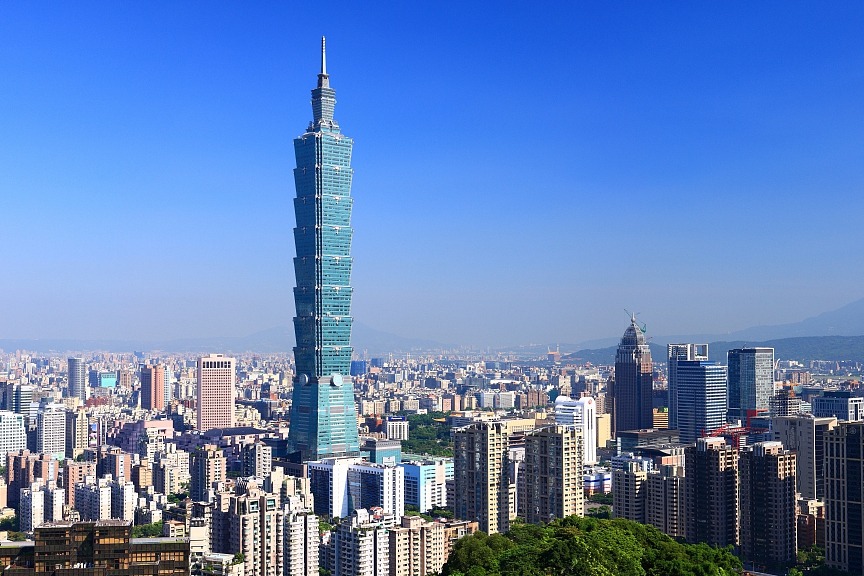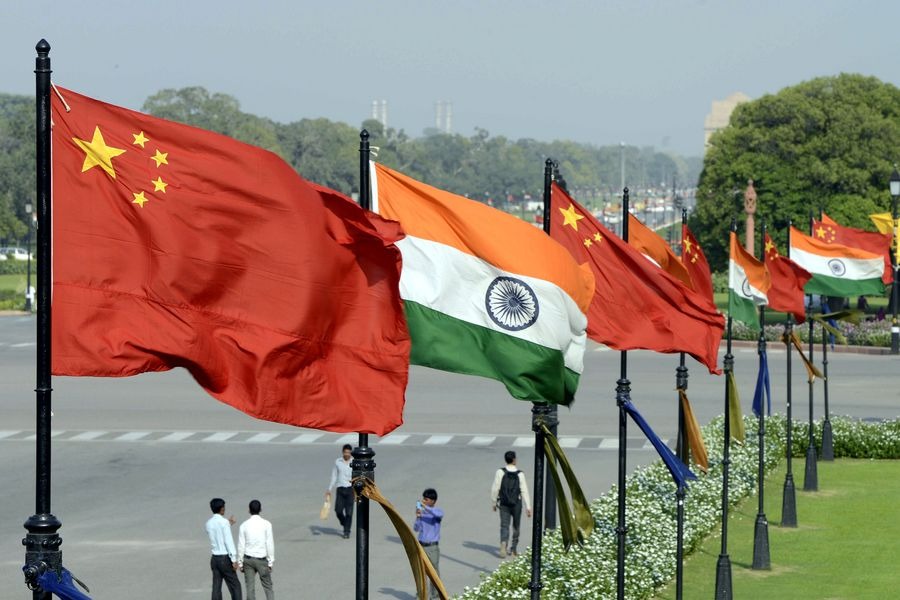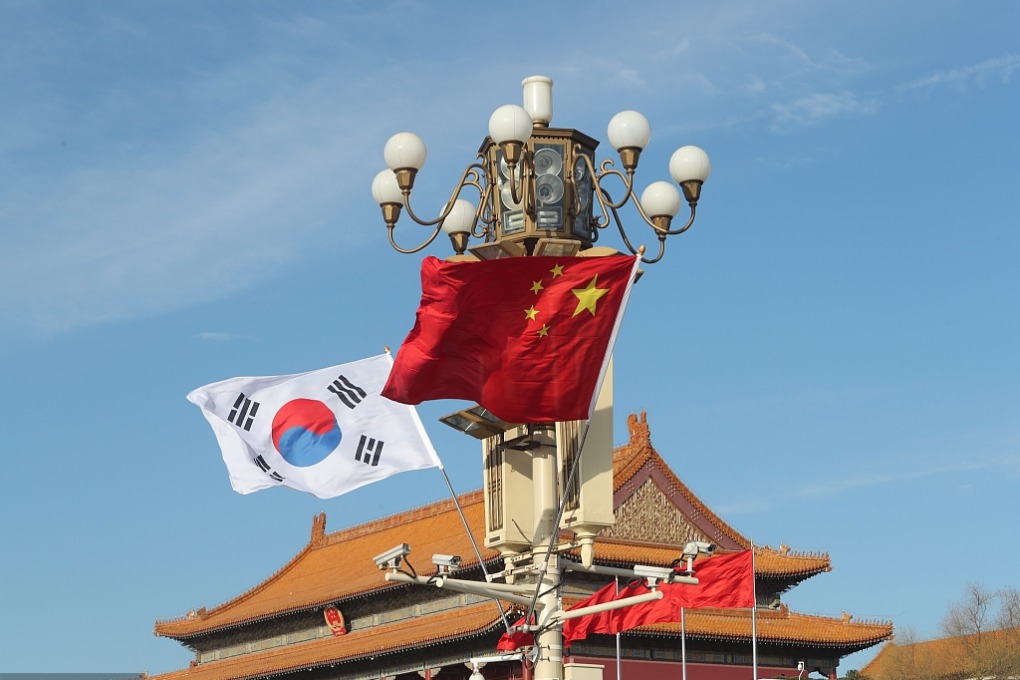Only if foreigners visit the country can they see the real China


China has been taking measures since last year to attract more overseas tourists. It has granted visa-free entry to citizens of a dozen countries and made special electronic payment platforms operational for overseas visitors so they can purchase products and services, and pay their bills more easily. The country has also increased the number of international flights to make it more convenient for tourists to travel to the country.
These efforts seem to be yielding results. Incomplete data suggest the number of tourists from certain European and Asian countries has increased by double digits since the start of this year. In fact, we see more tourist groups on the streets and reports say some travel agencies are running short of guides.
Many observers believe the number of inbound trips could equal, if not exceed, the level in 2019 when the Chinese mainland received about 145 million inbound trips from outside the mainland.
Most of the resource-rich countries in Europe, Asia and the Americas are still struggling to control inflation. When people are worried about paying the bills and making ends meet, they are unlikely to plan foreign tours even if countries such as China offer preferential policies and a wonderful traveling experience.
Besides, international flights are yet to recover to the pre-pandemic level, so few airlines are offering attractive discounts. Worse, sanctions and counter-sanctions have prevented many Western airlines from flying over the Russian territory, forcing them to cover longer distances and spend more time and fuel to reach China.
By offering tourist-friendly policies, China is keeping its promise of further opening up its market. To that end, it has also shortened the negative list for foreign investors, reduced taxes on many imported products, established more free-trade zones, and invested more in Belt and Road projects.
While international tourism is yet to fully recover, China's domestic tourist market recovered to a large extent last year, with 490 million trips made across the country with consumption of 4.9 trillion yuan ($676.64 billion). The number of domestic tourists is expected to reach 6 billion this year.
However, China has always considered foreign visitors as an important part of people-to-people exchanges.
As a journalist, I have seen many Western media outlets changing, from trying to be objective or balanced in reporting on China to pointing the finger at the country for whatever it does, because such reports invoke laughter due to their absurdity.
Those who still rely on such media outlets for information on China are welcome to visit the country to see reality with their own eyes. They will find that it takes about five hours to fly from one end of the country to the other, and they can see the magnificent landscapes, from the world's highest peak, the 8,848.86-meter Qomolangma (Mount Everest), to the lowest point in China, the Turpan Basin (154 meters below the sea level) in the Xinjiang Uygur autonomous region. They can visit the Palace Museum (Forbidden City) and the Terra Cotta Warriors in Xi'an, Shaanxi province, and climb the Great Wall in Beijing to learn about the country's civilization and its reunification efforts.
More importantly, they can talk with the Chinese people — many Chinese people below 40 years can communicate in English — on the streets, in restaurants, at tourist sites and other public places — to know why more than 90 percent of them are satisfied with the Chinese government, how China has managed to eradicate absolute poverty and why the accusation of the country using "forced labor" in Xinjiang is nonsense.
By talking with the common people, they can learn that China is facing a lot of challenges including a slowing economy, hostilities from some Western countries and yet pursuing high-quality development. By visiting China, foreigners can form their own opinion about China based on empirical evidence instead of being led astray by media reports and politicians' jargons.
kangbing@chinadaily.com.cn

The author is former deputy editor-in-chief of China Daily.


































